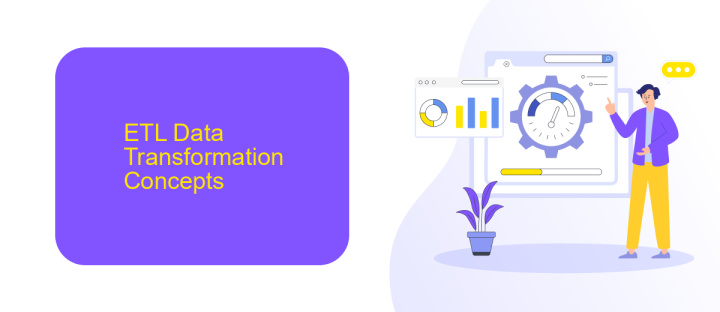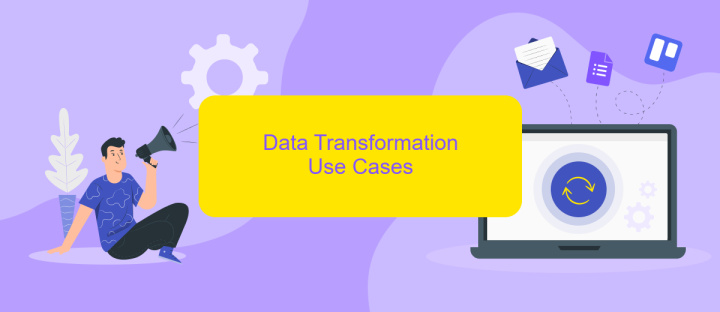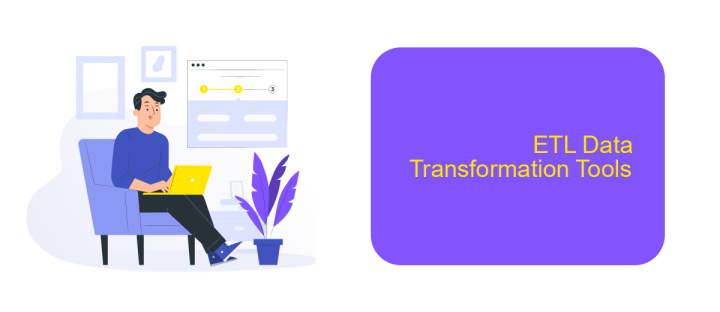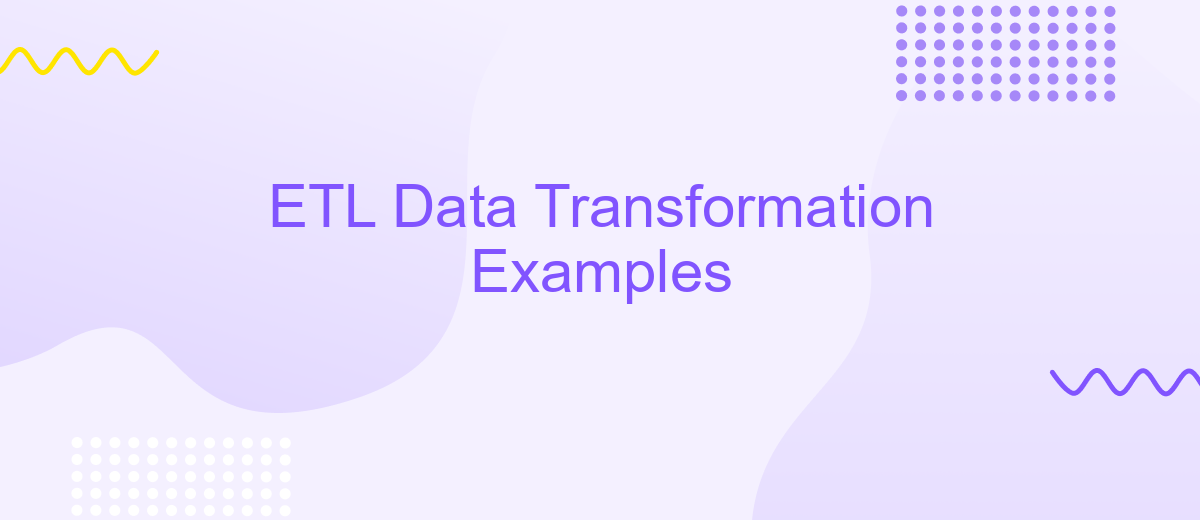ETL Data Transformation Examples
In today's data-driven world, effective data management is crucial for businesses to thrive. ETL (Extract, Transform, Load) processes play a key role in this by transforming raw data into valuable insights. This article explores various ETL data transformation examples, showcasing how organizations can optimize their data workflows, improve decision-making, and gain a competitive edge in their respective industries.
Introduction
ETL (Extract, Transform, Load) processes are essential for converting raw data into meaningful insights. By transforming data, businesses can enhance its quality, consistency, and usability, making it easier to derive actionable intelligence. This article explores various examples of data transformation techniques that can be applied within ETL workflows.
- Data Cleaning: Removing duplicates and correcting errors to ensure data accuracy.
- Data Aggregation: Summarizing detailed data to provide higher-level insights.
- Data Enrichment: Enhancing data with additional information from external sources.
- Data Normalization: Standardizing data formats for consistency.
Effective data transformation is crucial for integrating diverse data sources and improving data reliability. Tools like ApiX-Drive can simplify this process by automating data integration and transformation tasks, allowing businesses to focus on analysis rather than data preparation. By leveraging such services, companies can streamline their ETL workflows and ensure that their data is always ready for decision-making.
ETL Data Transformation Concepts

ETL (Extract, Transform, Load) data transformation is a crucial process in data integration and management. It involves extracting data from various sources, transforming it into a suitable format, and loading it into a destination system. The transformation phase is particularly important as it ensures that the data is clean, consistent, and usable for analysis. This phase can include tasks such as data cleansing, normalization, aggregation, and enrichment. Tools like ApiX-Drive can automate these processes, making it easier to integrate and transform data from multiple sources without extensive manual intervention.
Data transformation is essential for maintaining data quality and ensuring that business intelligence systems receive accurate and relevant information. By using services like ApiX-Drive, organizations can streamline their ETL workflows, reducing the time and effort required for data preparation. ApiX-Drive offers a user-friendly interface and robust features that simplify the setup of integrations, allowing businesses to focus on deriving insights rather than managing data pipelines. This automation enhances efficiency and allows for more timely and informed decision-making.
Data Transformation Use Cases

Data transformation is a crucial step in the ETL process, ensuring that data is converted into a suitable format for analysis and reporting. Different industries and use cases require specific transformations to meet their unique needs.
- Retail Analytics: Transforming sales data from various stores and online platforms to create unified reports for better decision-making.
- Financial Reporting: Aggregating and normalizing transaction data from multiple financial systems to ensure accurate and comprehensive financial statements.
- Healthcare Data Integration: Standardizing patient records from different healthcare providers to improve patient care and streamline operations.
- Marketing Campaigns: Consolidating data from various marketing channels to measure campaign effectiveness and optimize strategies.
- Customer Relationship Management (CRM): Integrating and transforming customer data from multiple sources to provide a 360-degree view of the customer.
Tools like ApiX-Drive facilitate seamless data transformation and integration by allowing businesses to connect and automate data flows between various applications and services. This ensures that data is always up-to-date and ready for analysis, enabling better decision-making and operational efficiency.
ETL Data Transformation Tools

ETL (Extract, Transform, Load) data transformation tools are essential for converting raw data into meaningful insights. These tools help in cleaning, structuring, and enriching data to make it suitable for analysis and reporting. By automating the transformation process, businesses can save time and reduce errors.
There are various ETL tools available in the market, each offering unique features and capabilities. Selecting the right tool depends on the specific needs and complexity of the data transformation tasks. Some tools are designed for simple data manipulation, while others offer advanced functionalities like real-time processing and machine learning integration.
- Apache NiFi: A powerful, easy-to-use, and reliable system to process and distribute data.
- Talend: Provides a comprehensive suite for data integration and transformation.
- ApiX-Drive: Simplifies integration processes by connecting various applications and automating data workflows.
- Informatica: Known for its robust data management and integration capabilities.
- Microsoft SSIS: A versatile tool for data integration, transformation, and migration.
Choosing the right ETL tool can significantly impact the efficiency and accuracy of your data transformation processes. Tools like ApiX-Drive can be particularly useful for businesses looking to streamline their integration workflows and automate data transfers between different systems.
Conclusion
The examples of ETL data transformation we have explored illustrate the pivotal role these processes play in modern data management. From cleaning and normalizing data to aggregating and enriching it, ETL transformations ensure that raw data is converted into meaningful insights. These processes not only enhance data quality but also make it more accessible and useful for decision-making. As organizations continue to generate vast amounts of data, the importance of efficient ETL transformations cannot be overstated.
Moreover, integrating ETL processes with robust tools and services can significantly streamline data workflows. For instance, ApiX-Drive offers a seamless way to automate and manage integrations, ensuring data flows smoothly between different systems. By leveraging such services, businesses can reduce manual intervention, minimize errors, and accelerate data processing times. Ultimately, the right combination of ETL transformations and integration tools empowers organizations to harness the full potential of their data, driving innovation and growth.
FAQ
What is ETL in data transformation?
Why is data transformation important in ETL?
Can you provide an example of a simple ETL data transformation?
What tools can be used for automating ETL processes?
How does ETL handle data quality issues?
Apix-Drive will help optimize business processes, save you from a lot of routine tasks and unnecessary costs for automation, attracting additional specialists. Try setting up a free test connection with ApiX-Drive and see for yourself. Now you have to think about where to invest the freed time and money!

